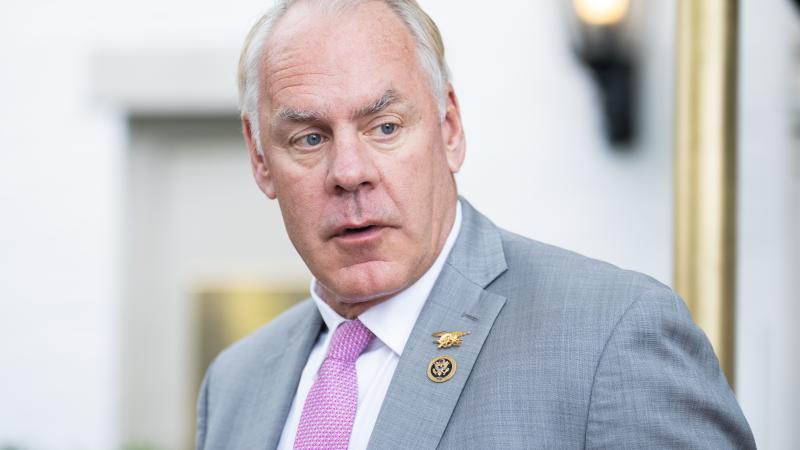John Hinckley Jr., admits responsibility for death of James Brady
"I understand... I would say yes," Hinckley said, accepting responsibility for Brady's death.
Would-be presidential assassin John Hinckley Jr. admitted his ultimate responsibility for the death of former White House press secretary James Brady.
Brady sustained serious injuries, resulting in paralysis, during Hinckley's attempt to assassinate President Ronald Reagan in 1981. Brady did not die for decades, but the coroner ruled his death a homicide. Hinckley has not been convicted of Brady's murder. He was found not guilty on all of the initial conducts by virtue of insanity and spent decades in a mental institution.
New York Post columnists Piers Morgan, in an interview with Hinckley, got the 67-year-old to admit, however, that Brady's death was on him.
"Do you accept now that because you fired the gun at James Brady that caused catastrophic injuries and subsequent death, that you were guilty of his murder?" Morgan asked.
"Well, I wouldn't say that," he responded at first. "I mean, I certainly caused him to have devastating injuries but I believe he lived on for another 30-something years. So I can't really say I'm the cause of the murder."
Morgan was unsatisfied with that answer and pressed Hinckley, saying "I mean, it was ruled a homicide by the coroner and he suffered horrendously from his injuries. He was paralyzed for the rest of his life. You did kill him, didn't you? I mean, there's no doubt. Ultimately you killed him."
"I understand... I would say yes," Hinckley said, accepting responsibility for Brady's death.
Hinckley received unconditional release from court oversight in June of this year. He has since apologized for his assassination attempt on Reagan and the injuries he inflicted on Brady, as well as police officer Thomas Delahanty and Secret Service Agent Tim McCarthy, who also sustained injuries during the incident.
In the mid-1990s, the Brady Handgun Violence Prevention Act, named for the press secretary, became law, establishing mandatory background checks and a waiting period to purchase firearms.
















